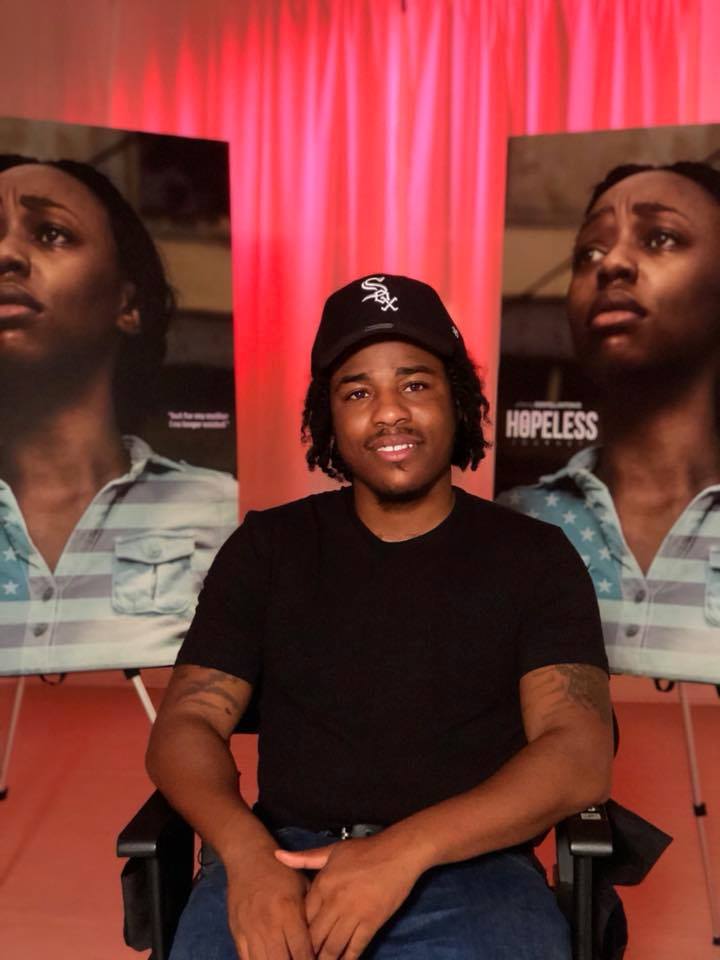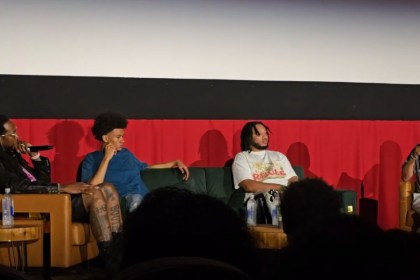Women are making major statements in the world of independent film. Over the past few years, Kim Rocco Shields and Crystle “Clear” Roberson have been two of the more buzzed-about indie filmmakers and it’s not hard to see why. Roberson’s Echoes debuted in Cannes Short Film Corner in 2013 and she’s helmed the acclaimed web series “Love Handles” in 2014; as well as the Columbus Short project “The End Again.” Shields directed the powerful and controversial Love Is All You Need, and the family drama Abby 79. Shields founded her production company, Wingspan, to further her creative vision.
“To be successful, companies really have that focus and that drive,” says Shields, “… [and] a very conscious effort towards getting movies off the ground.” But after she began working on Love Is All You Need, she realized she needed to revamp. Thus, Wingspan was shuttered for her new company, Genius.
“Every company runs its course. I created Genius to focus on films that address social issues. It was really important to take a step back and focus the energy on different things and it was time to start anew. Genius has most of the same team members as Wingspan!”
For Roberson, her vision is as clear as her name. She’s an actor’s director; with an eye for detail and a knack for tapping into the nuances of human emotion that only comes from allowing actors the space to find their own approach and committing herself to the story. She’s directed numerous projects over the last eight years and she’s garnered significant acclaim — but she doesn’t fret over a particular directorial style.
“It’s hard for me to see my own style as a director,” Roberson shares. “But, I always put the story first, and I like staying in the moment and seeing what happens on set between the characters rather than preplanning and over rehearsing everything.”
For Shields, the ups-and-downs of getting a project finished may be daunting; but she lives for the moment when her idea comes to fruition.
“I love that moment when you’re onset making a dream come true,” she shares. “Film gives you the opportunity to create a reality. To be able to do that with this art form is fantastic. You’re creating something that will touch people, hopefully.”
And for Roberson, she’s learned how to embrace the creative impulses of her actors throughout the filmmaking process.
“I’ve gotten to the point where I don’t over-direct the actors anymore,” says Roberson with a grin. “I respect the collaborative nature of filmmaking and I want to see the story and the characters flow through them. I step in only when guidance is needed, but I don’t like to smother the story with the way I want it to be. I let it breathe, give it freedom within an outline; that outline being the core of the story so that we stay true to that. I must say I’ve gotten some amazing performances that way.”
















